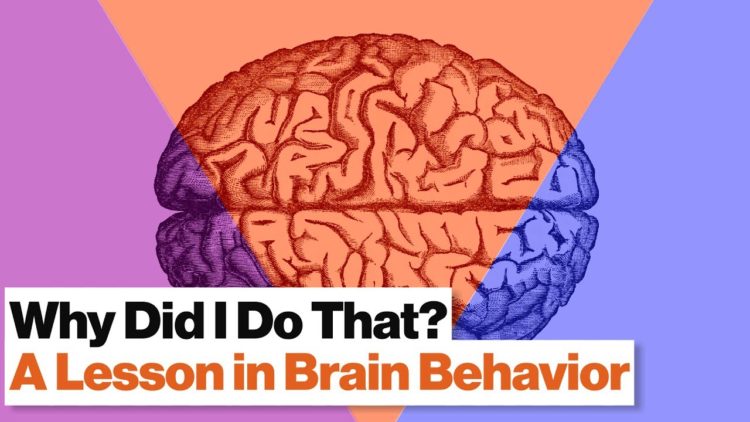Last Updated on May 24, 2022 by Editors Desk
What makes a jellyfish’s brain so unique?
The short answer is that Jellyfish don’t have a brain. They have a huge nerve network that governs swimming, as well as a smaller nerve network that controls other behaviors. This brain complex can sense changes in the environment such as touch, temperature, salinity, and other factors, and responds to the stimuli with automatic reflexes.
Humans have neural networks surrounding their hearts and a larger one around their guts in addition to their brains.
Around 400 cardiac neurons work together to communicate across the heart’s neural system in the intrinsic cardiac nervous system, also known as the heart-brain. These also run from the heart to the brain, following the vagus nerve. More messages are sent from the heart to the brain than are sent from the brain to the heart.
These messages are interpreted by the brain, which frequently follows them. Your heart sends forth emotional messages all the time to lead you, to alert you to concerns, and to explain what you really want. I’m sure you’re familiar with some of the words that people frequently use as a result of their heart and brain.
The enteric nervous system, or gut brain, is located within the digestive system’s walls. It is made up of two thin layers of nerve cells that line the gastrointestinal tract from the esophagus to the rectum. The gut sends 400 times more messages to the brain than the brain sends to the gut. The gut brain might assist you in better comprehending your instincts.

Your stomach and intestines may communicate information about a scenario to help you better grasp your surroundings or detect a slight sense of danger. Again, I’m sure you’ll recognise some of the statements made by folks who are guided by their gut instincts.
The brain makes decisions based on what you’re thinking, the heart makes decisions based on how you’re feeling, and the gut makes decisions based on the will to act — a simple “yes” or “no.”
Access your brain’s integrated wisdom, your intrinsic cardiac nervous system’s emotions surrounding your heart, and your intellect nervous system’s gut instincts.
You’ll have a better understanding of how to take action and make suitable judgments if you combine the three messages from your head, heart, and gut.
Also Checkout: A Short Explanation to Recognizing Stress


